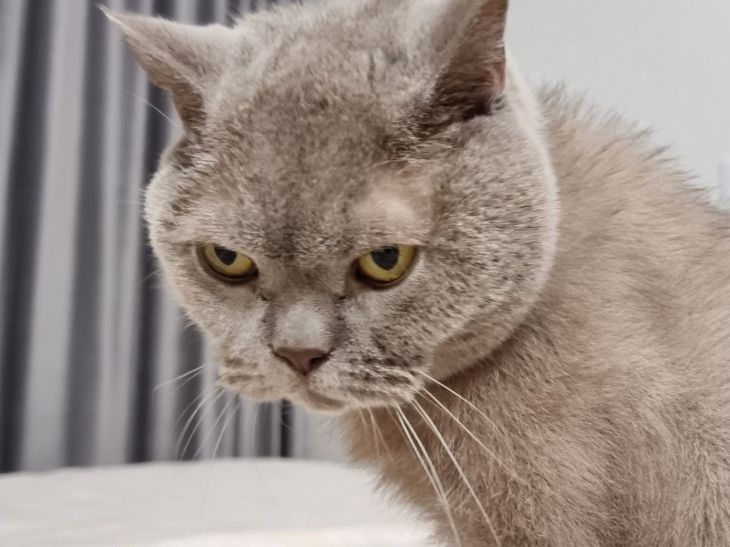Cat Refuses to Eat: Understanding the Reasons
A cat's refusal to eat may indicate various health problems or the animal's psychological state.
It is important to closely monitor your pet and promptly contact a veterinarian to find out the reason for the refusal to eat and take the necessary measures.
Stress and environmental changes
Cats are sensitive creatures that react acutely to stress and changes in the environment.
Moving, the arrival of a new family member, a change in the usual diet or litter box - all this can cause a refusal to eat.
In such cases, it is important to create a calm and comfortable environment for the cat, provide it with privacy and gradually adapt it to the new conditions.

Health problems
Refusal to eat can be a symptom of various diseases. Among the most common reasons are:
- Oral diseases: tartar, gingivitis, stomatitis cause painful sensations when eating, which leads to refusal to eat.
- Diseases of the gastrointestinal tract: gastritis, pancreatitis, liver and intestinal diseases are accompanied by digestive disorders and loss of appetite.
- Infectious diseases: viral and bacterial infections, parasitic infestations cause general weakness, fever and loss of appetite.
- Chronic diseases: kidney, liver, and endocrine diseases can lead to decreased appetite and weight loss.
Quality and type of feed
Some cats may refuse food due to poor quality, inappropriate type, or changes in taste.
It is important to choose food that is appropriate for the age, breed and health of the cat. A sudden change in food can cause digestive upset and refusal to eat.
Psychological reasons
Refusal to eat may be associated with psychological problems such as depression, anxiety or stress.
In such cases, it is necessary to contact a veterinarian or zoopsychologist to determine the cause of the problem and develop a treatment plan.
Attention and care: the key to your pet's health
Refusal of food in a cat is a serious symptom that requires attention and care. It is important not to ignore this problem, but to promptly contact a veterinarian for diagnosis and treatment.
A comprehensive approach, including treatment of the underlying disease, nutritional adjustments and creating a comfortable environment, will help restore your cat's appetite and health.
Earlier we wrote about why a cat sleeps on a person’s stomach.
